Suzuki Swift vs Land Rover Range Rover Sport – Differences & prices compared
Two cars, one duel: Suzuki Swift meets Land Rover Range Rover Sport.
Which one wins in performance, efficiency and value for money? Find out now!
Costs and Efficiency:
Looking at overall running costs, both models reveal some interesting differences in everyday economy.
Suzuki Swift has a convincingly advantage in terms of price – it starts at 17100 £, while the Land Rover Range Rover Sport costs 78600 £. That’s a price difference of around 61458 £.
Fuel consumption also shows a difference: Land Rover Range Rover Sport manages with 2.70 L and is therefore significantly more efficient than the Suzuki Swift with 4.40 L. The difference is about 1.70 L per 100 km.
Engine and Performance:
Power, torque and acceleration say a lot about how a car feels on the road. This is where you see which model delivers more driving dynamics.
When it comes to engine power, the Land Rover Range Rover Sport has a significantly edge – offering 635 HP compared to 82 HP. That’s roughly 553 HP more horsepower.
In terms of top speed, the Land Rover Range Rover Sport performs decisively better – reaching 290 km/h, while the Suzuki Swift tops out at 170 km/h. The difference is around 120 km/h.
There’s also a difference in torque: Land Rover Range Rover Sport pulls decisively stronger with 800 Nm compared to 112 Nm. That’s about 688 Nm difference.
Space and Everyday Use:
Cabin size, boot volume and payload all play a role in everyday practicality. Here, comfort and flexibility make the difference.
Both vehicles offer seating for 5 people.
In curb weight, Suzuki Swift is significantly lighter – 1069 kg compared to 2390 kg. The difference is around 1321 kg.
In terms of boot space, the Land Rover Range Rover Sport offers clearly more room – 647 L compared to 265 L. That’s a difference of about 382 L.
In maximum load capacity, the Land Rover Range Rover Sport performs evident better – up to 1491 L, which is about 511 L more than the Suzuki Swift.
When it comes to payload, Land Rover Range Rover Sport significantly takes the win – 830 kg compared to 296 kg. That’s a difference of about 534 kg.
Who comes out on top?
Overall, the Land Rover Range Rover Sport shows itself to be is largely superior and secures the title of DriveDuel Champion.
It convinces with the more balanced overall package and proves to be the more versatile choice for everyday use.
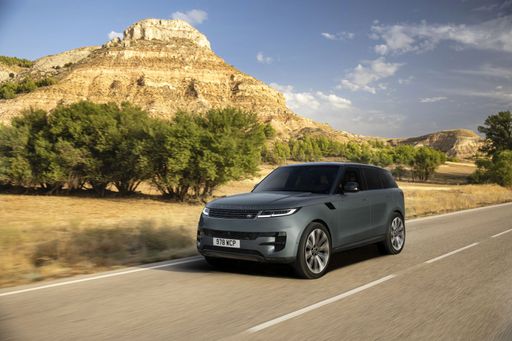
Land Rover Range Rover Sport
Suzuki Swift
The Suzuki Swift is a compact hatchback that offers a spirited driving experience, making it a popular choice for city dwellers. With its sleek design and agile handling, it effortlessly navigates urban streets while providing a comfortable interior with ample space for passengers and luggage. Its economical fuel consumption and reliable performance make it a practical option for those seeking a balance between style and functionality.
details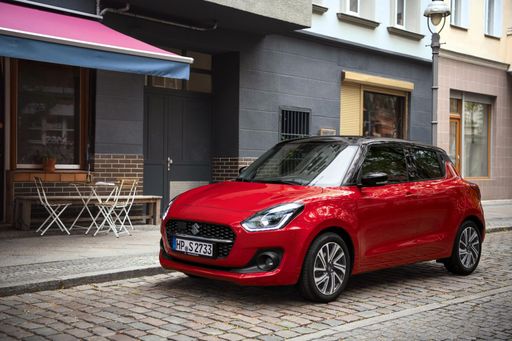 @ Suzuki
@ Suzuki
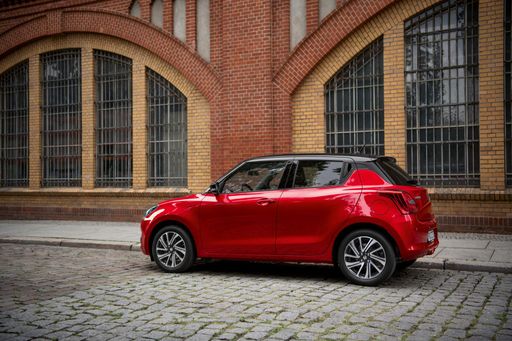 @ Suzuki
@ Suzuki
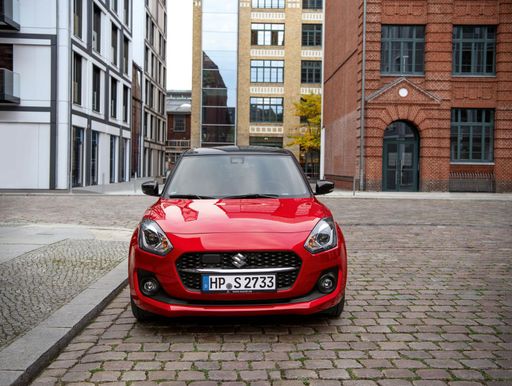 @ Suzuki
@ Suzuki
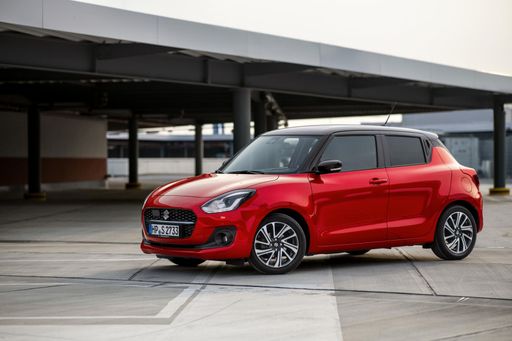 @ Suzuki
@ Suzuki
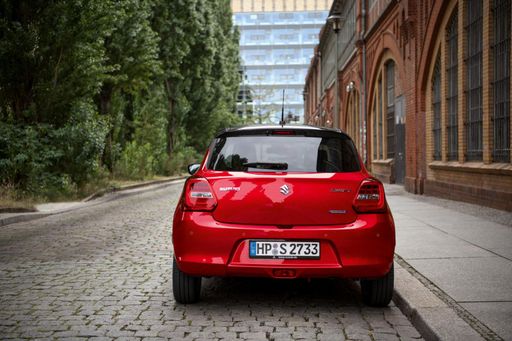 @ Suzuki
@ Suzuki
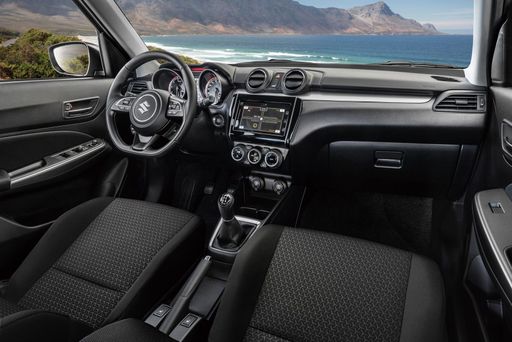 @ Suzuki
@ Suzuki
Land Rover Range Rover Sport
The Land Rover Range Rover Sport exudes a commanding presence, combining luxury with exceptional off-road capabilities. Its sleek, modern design is complemented by a meticulously crafted interior that offers both comfort and advanced technology. With its powerful performance and refined handling, this vehicle is ideal for both urban environments and adventurous terrains.
details @ media.landrover.com
@ media.landrover.com
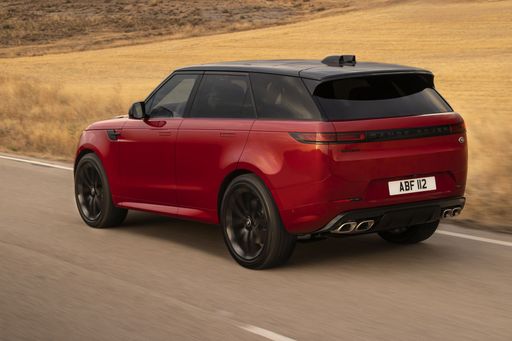 @ media.landrover.com
@ media.landrover.com
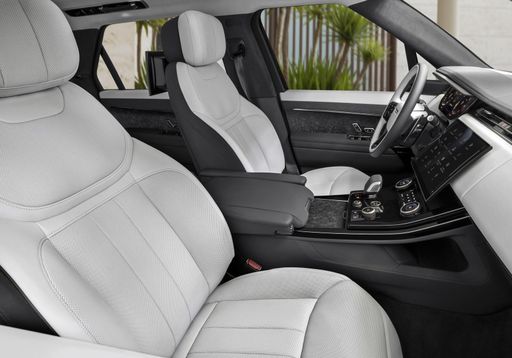 @ media.landrover.com
@ media.landrover.com

|

|
|
|
|
Costs and Consumption |
|
|---|---|
|
Price
17100 - 21200 £
|
Price
78600 - 175700 £
|
|
Consumption L/100km
4.4 - 4.9 L
|
Consumption L/100km
2.7 - 11.7 L
|
|
Consumption kWh/100km
-
|
Consumption kWh/100km
-
|
|
Electric Range
-
|
Electric Range
116 - 118 km
|
|
Battery Capacity
-
|
Battery Capacity
31.80 kWh
|
|
co2
98 - 110 g/km
|
co2
61 - 266 g/km
|
|
Fuel tank capacity
37 L
|
Fuel tank capacity
71 - 90 L
|
Dimensions and Body |
|
|---|---|
|
Body Type
Hatchback
|
Body Type
SUV
|
|
Seats
5
|
Seats
5
|
|
Doors
5
|
Doors
5
|
|
Curb weight
1069 - 1145 kg
|
Curb weight
2390 - 2810 kg
|
|
Trunk capacity
265 L
|
Trunk capacity
647 L
|
|
Length
3860 mm
|
Length
4946 - 4970 mm
|
|
Width
1735 mm
|
Width
2043 mm
|
|
Height
1485 - 1510 mm
|
Height
1814 - 1820 mm
|
|
Max trunk capacity
980 L
|
Max trunk capacity
1491 L
|
|
Payload
282 - 296 kg
|
Payload
640 - 830 kg
|
Engine and Performance |
|
|---|---|
|
Engine Type
Petrol MHEV
|
Engine Type
Plugin Hybrid, Petrol MHEV, Diesel MHEV
|
|
Transmission
Manuel, Automatic
|
Transmission
Automatic
|
|
Transmission Detail
Manual Gearbox, CVT
|
Transmission Detail
Automatic Gearbox
|
|
Drive Type
Front-Wheel Drive, All-Wheel Drive
|
Drive Type
All-Wheel Drive
|
|
Power HP
82 HP
|
Power HP
249 - 635 HP
|
|
Acceleration 0-100km/h
-
|
Acceleration 0-100km/h
3.8 - 7.7 s
|
|
Max Speed
160 - 170 km/h
|
Max Speed
206 - 290 km/h
|
|
Torque
112 Nm
|
Torque
570 - 800 Nm
|
|
Number of Cylinders
3
|
Number of Cylinders
6 - 8
|
|
Power kW
61 kW
|
Power kW
183 - 467 kW
|
|
Engine capacity
1197 cm3
|
Engine capacity
2997 - 4395 cm3
|
General |
|
|---|---|
|
Model Year
2024
|
Model Year
2025
|
|
CO2 Efficiency Class
C
|
CO2 Efficiency Class
B, G
|
|
Brand
Suzuki
|
Brand
Land Rover
|
What drivetrain options does the Suzuki Swift have?
The Suzuki Swift is available as Front-Wheel Drive or All-Wheel Drive.
The prices and data displayed are estimates based on German list prices and may vary by country. This information is not legally binding.
